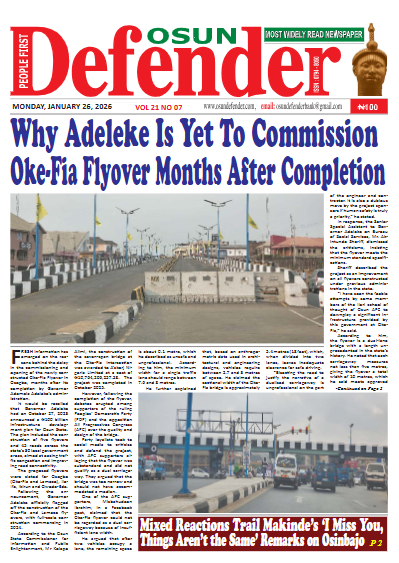North Korea Fires Missile Over Japan

Citizens were thrown into terror this Tuesday when a Nuclear-armed North Korea fired a ballistic missile over Japan.
A visibly unsettled Japanese Prime Minister Shinzo Abe said it was an “unprecedented, serious and grave threat”, while the UN Security Council called an emergency meeting at Tokyo and Washington’s request.
Sirens blared out and text messages were fired off across northern Japan warning people in the missile’s flight path to take cover.
Trains were delayed as passengers were urged to seek shelter inside stations.
“All lines are experiencing disruption,” said one sign on Sapporo’s metro system. “Reason: Ballistic missile launch.”
The last time a North Korean rocket overflew Japan was in 2009, when Pyongyang said it was a satellite launch. Washington, Seoul and Tokyo believed it was a clandestine test of an intercontinental ballistic missile (ICBM).
Pyongyang last month carried out two overt ICBM tests that appeared to bring much of the US mainland within reach for the first time and heightened strains in the region.
At the time, US President Donald Trump issued an apocalyptic warning of raining “fire and fury” on the North, while Pyongyang threatened to fire a salvo of missiles towards the US territory of Guam.
South Korea said the latest missile was launched from Sunan, near Pyongyang and flew around 2,700 kilometres (1,700 miles) at a maximum altitude of around 550 kilometres.
Guam is about 3,500 kilometres from North Korea — although the missile was fired in an easterly direction and not towards the US outpost, home to 160,000 people and host to major military facilities.
Abe said the overflight was an “outrageous act” that “greatly damages regional peace and security”.
In a 40-minute telephone call with Trump, he said, the two allies had agreed to “further strengthen pressure against North Korea”.
Robert Wood, US Permanent Representative to the Conference on Disarmament at the UN in Geneva labelled it “another provocation” that was “a big concern”.
But China, the North’s key ally and main trading partner, urged restraint on all sides, with foreign ministry spokeswoman Hua Chunying saying the situation had reached a “tipping point” but warning pressure and sanctions “cannot fundamentally solve the issue”.
Russia, which also has ties to Pyongyang, said it was “extremely worried”, hitting out at a “tendency towards escalation”.








